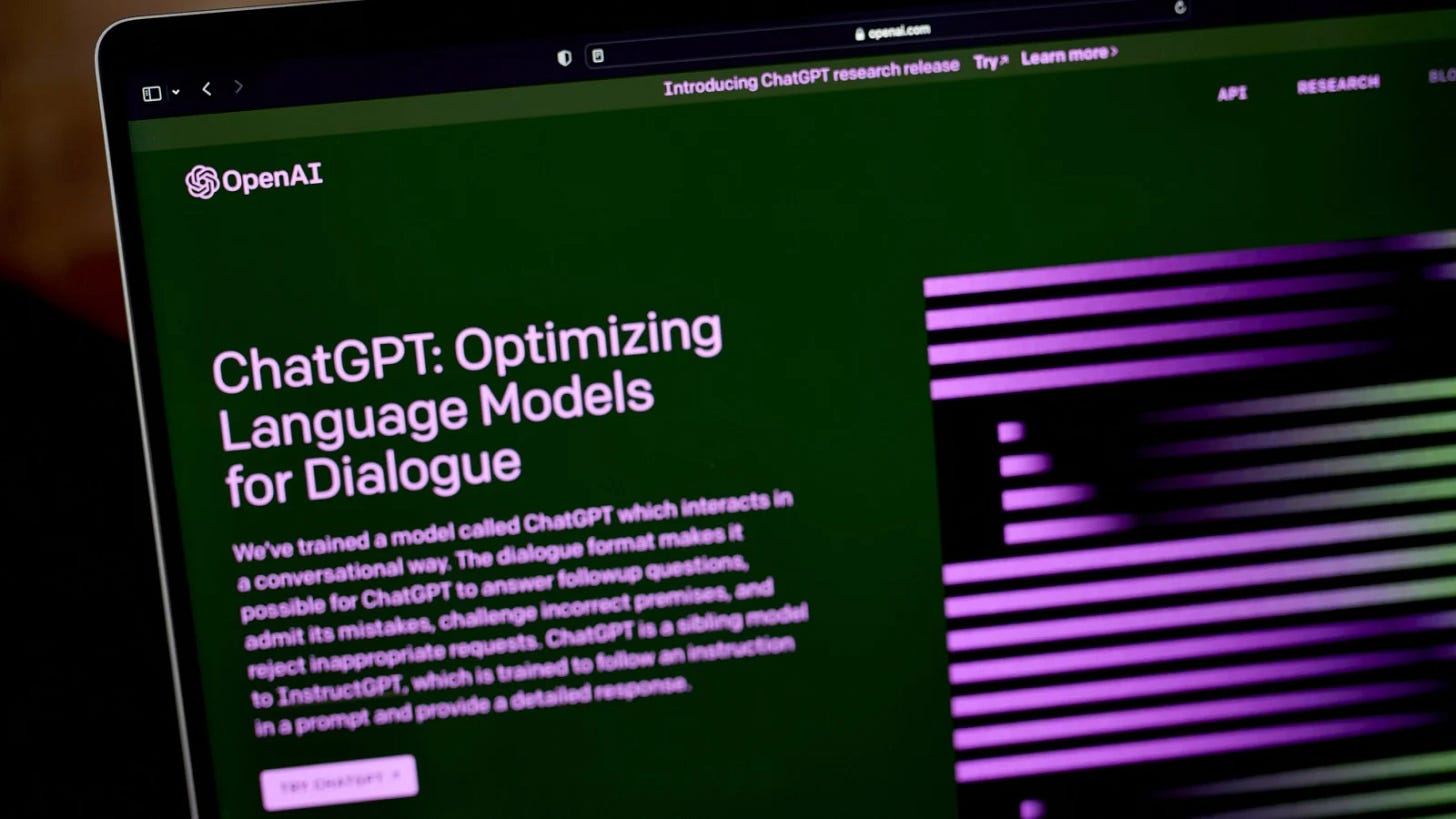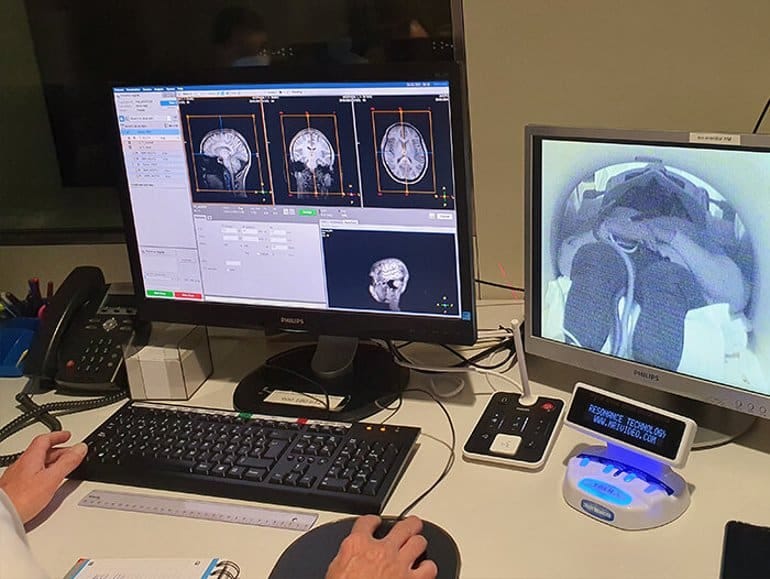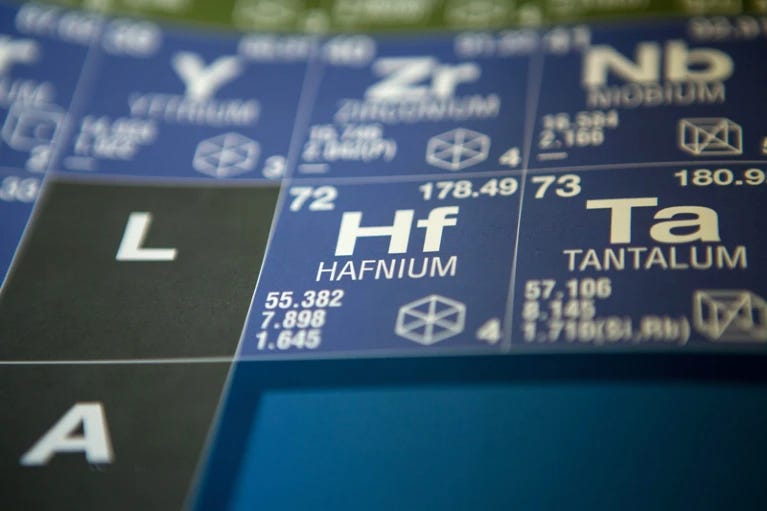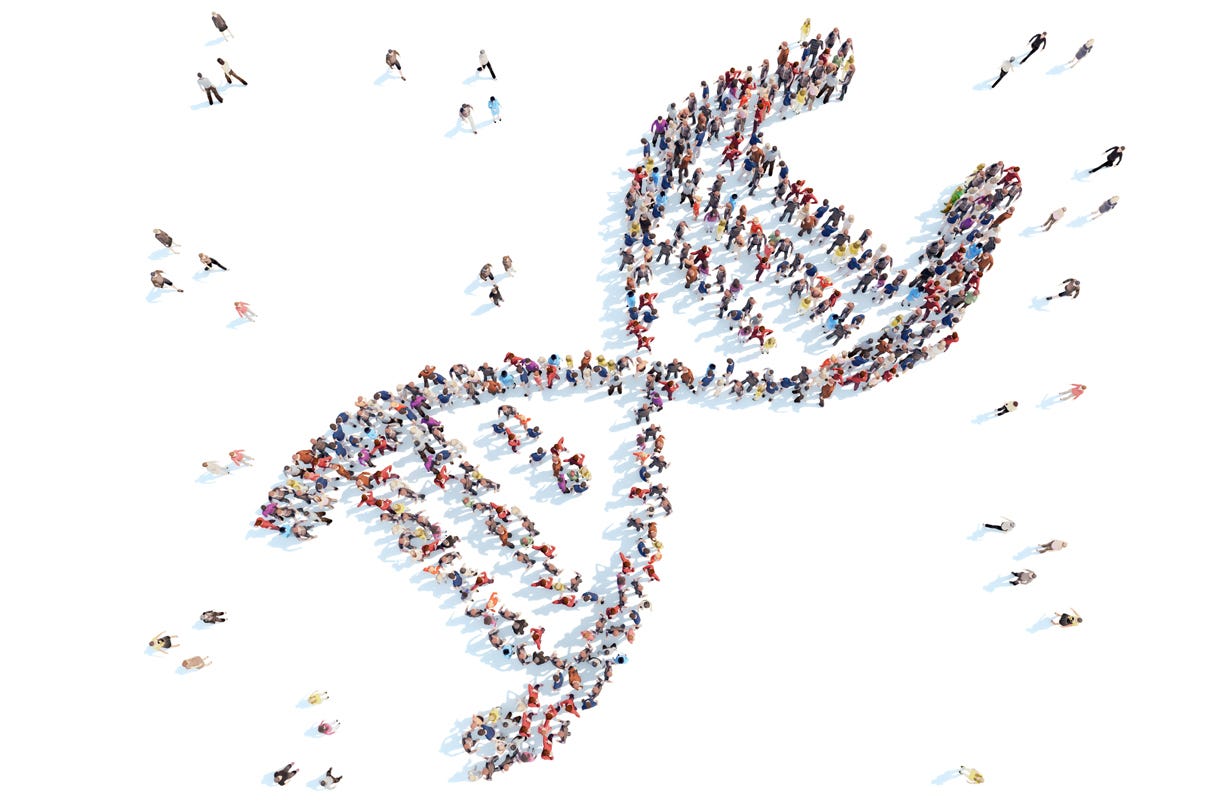Sci-Ed Update 245
Keeping up with ChatGPT (still), microbiome update, another pandemic, eugenics apology, and more stories.
Why it’s easier to catch a cold, the flu or COVID in the winter
Low humidity and temperatures may make infections more likely
…health experts have long stressed that being cold won’t give you a cold. Still, winter is undisputedly cold-and-flu season. It’s also a period when COVID-19 spreads more.
But if the chill doesn’t matter, why does the spread of so many respiratory viruses peak during the season?
Some viruses thrive in winter. But the reason why may not be so much about temperature, but humidity.
… researchers have found that viruses that surge in the winter, including influenza viruses and SARS-CoV-2 — the coronavirus that causes COVID-19 — survive best when the relative humidity in the air falls below about 40 percent.
KP: The full article is a clearly written, well-illustrated synopsis of current thinking on this topic. I’d say the article is a good candidate for a reading assignment in A&P.
Read more→ AandP.info/1bg
OpenAI is developing software to detect text generated by ChatGPT
OpenAI is building software capable of detecting whether text was generated by its ChatGPT model after New York City education officials announced it was blocking students from accessing the tool in public schools.
Reports of students using AI to do their homework for them have prompted teachers to think about how they affect education. Some have raised concerns about how language models can plagiarize existing work or allow students to cheat. Now OpenAI is reportedly working to develop "mitigations" that will help people detect text automatically generated by ChatGPT.
KP: the plot thickens!
Read more→ AandP.info/3wa
(Gabby Jones/Bloomberg via Getty Images)
Not Cheap: Paid Version of ChatGPT Costs $42 Per Month
However, the paid version offers even faster response times and will provide users uninterrupted access to ChatGPT even when traffic is high.
The price may seem high, but it's in line with some AI assistant writing programs. In return, the professional version of ChatGPT can offer customers uninterrupted access to the program, even when traffic is high, which can prevent free users from logging on.
In addition, the professional tier promises to offer faster response times when generating answers to customer queries while offering “priority access” to upcoming features.
Read more→ AandP.info/u7j
Images showing the results of the tests that made it possible to observe the changes in brain connectivity. Credit: Universitat Politècnica de Catalunya
One-Minute Exposure to Monochromatic Light Shown to Modify Neural Connections
One-minute stimulation with monochromatic light activates several visual and non-visual brain regions. The findings shed light on the impact of light stimulation on brain function.
A study led by researchers from the UPC’s Terrassa School of Optics and Optometry (FOOT) shows that 1-minute stimulation with blue, green or red light activates several visual and non-visual brain regions.
The study opens new avenues for better understanding the impact of light stimulation on brain function and its use to treat visual dysfunction, depression symptoms, circadian rhythm disruption, migraine and memory or attention disorders.
Growing research in photostimulation indicates that exposure to light can have a positive impact on health-related problems such as spring asthenia, circadian rhythm disruption and even bipolar disorders and Alzheimer’s.
Read more→ AandP.info/ja3
Hafnium is a transition metal named after the Latin name for Copenhagen (Hafnia), where the element was discovered. Credit: Klaudia Kilman/Alamy
How the periodic table survived a war to secure chemistry’s future
A century ago, the discovery of hafnium confirmed the validity of the periodic table — but only thanks to scientists who stood up for evidence at a time of global turmoil.
Hafnium isn’t a particularly remarkable element. It’s not your explosive sodium, shimmering mercury or stinky sulfur. It’s a greyish metal and is commonly used as a neutron absorber in the control rods of nuclear power plants and nuclear submarines, and as an insulator in computer chips. But hafnium’s discovery, which was reported in Nature a century ago this week1, was of disproportionate importance. The element was identified by two scientists working in Copenhagen: Dutch physicist Dirk Coster and Hungarian chemist Georg von Hevesy. The find secured not only the periodic table’s legacy but also the future of chemistry. Hafnium also came to represent a hard-won victory against those determined to undermine evidence-based discovery.
KP: Even if we don’t discuss the periodic table in our A&P course, this mini-lesson in science history gives us a richer background for telling our A&P story.
Read more→ AandP.info/5hn
‘Incredibly concerning’: Bird flu outbreak at Spanish mink farm triggers pandemic fears
Spread among captive mink could give the H5N1 strain opportunities to evolve and adapt to mammals
None of the [mink] farm workers became infected. But the episode, described in a paper in Eurosurveillance last week, has reignited long-smoldering fears that H5N1 could trigger a human pandemic. The virus is not known to spread well between mammals; people almost always catch it from infected birds, not one another. But now, H5N1 appears to have spread through a densely packed mammalian population and gained at least one mutation that favors mammal-to-mammal spread.
Virologists warn that H5N1, now rampaging through birds around the world, could invade other mink farms and become still more transmissible.
Read more→ AandP.info/yrg
TAI11/SHUTTERSTOCK
Human geneticists apologize for past involvement in eugenics, scientific racism
American Society of Human Genetics plans to redress past harms and strengthen diversity initiatives
The American Society of Human Genetics (ASHG) apologized today for the participation of some of its early leaders in the eugenics movement, as well as the group’s failure to acknowledge and oppose other past harms and injustices in the field of genetics.
The apology stems from a yearlong ASHG project that resulted in a 27-page report documenting instances of injustices. They range from ASHG leaders who supported forced sterilization to the organization’s silence when genetics was used to justify discrimination against Black people. The findings are “painful” but need to be shared widely, says Brendan Lee, a pediatrician and a geneticist at Baylor College of Medicine and president of ASHG, which has some 8000 members. “How do you build trust if you don’t express remorse and decry what has really gone on inappropriately in the past?”
Read more→ AandP.info/ovr
Author Judi Nath stops by for a chat about her new book Sins Against Science: How Misinformation Affects Our Lives and Laws. We discuss the origins of the book, its central message, and how we can use the book's content to become better teachers of human anatomy & physiology.
To listen to this episode, click on the player (if present) or this link→ theAPprofessor.org/podcast-episode-110.html
If player is not visible, use this URL to watch the video→ youtu.be/DR1FtErEbEk
Read more→ AandP.info/qea









